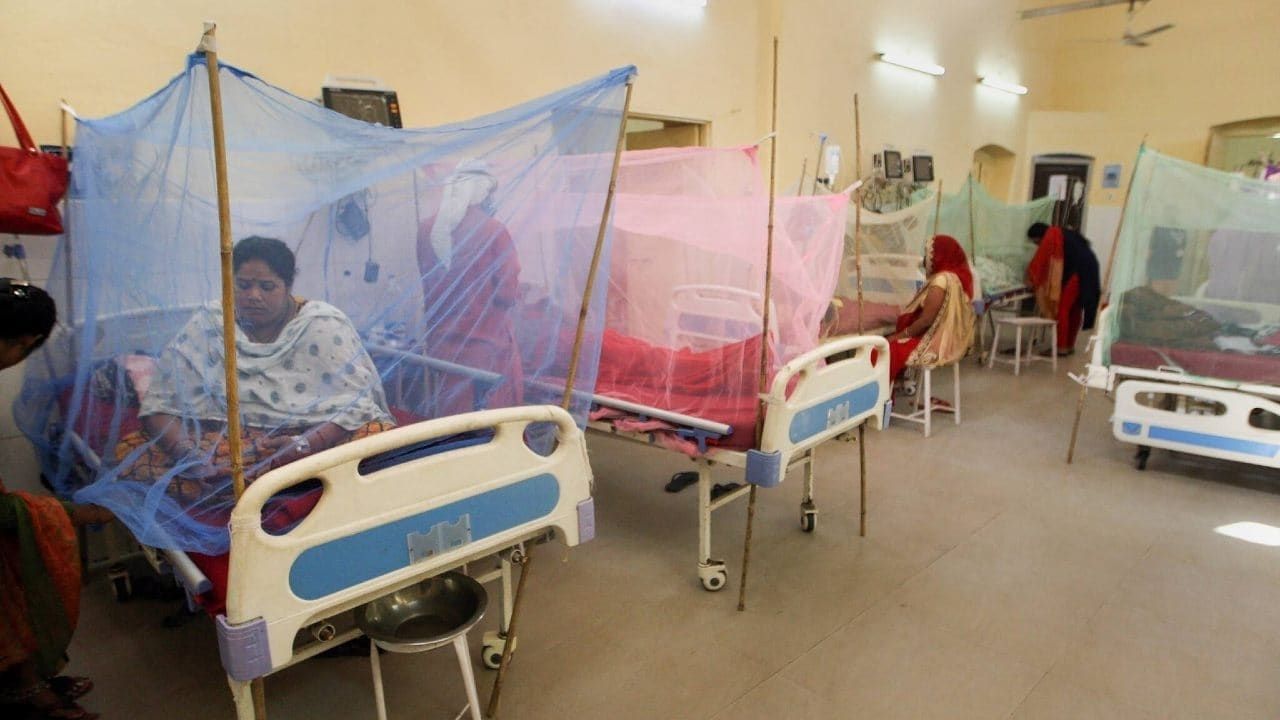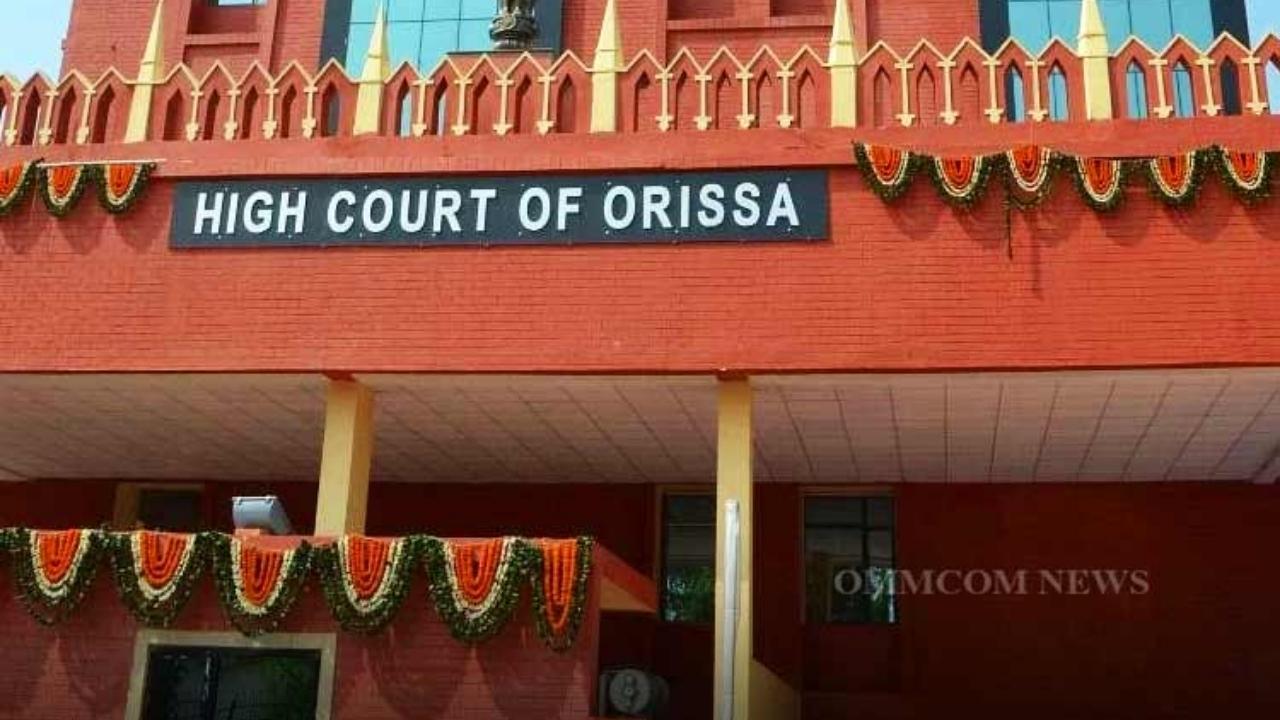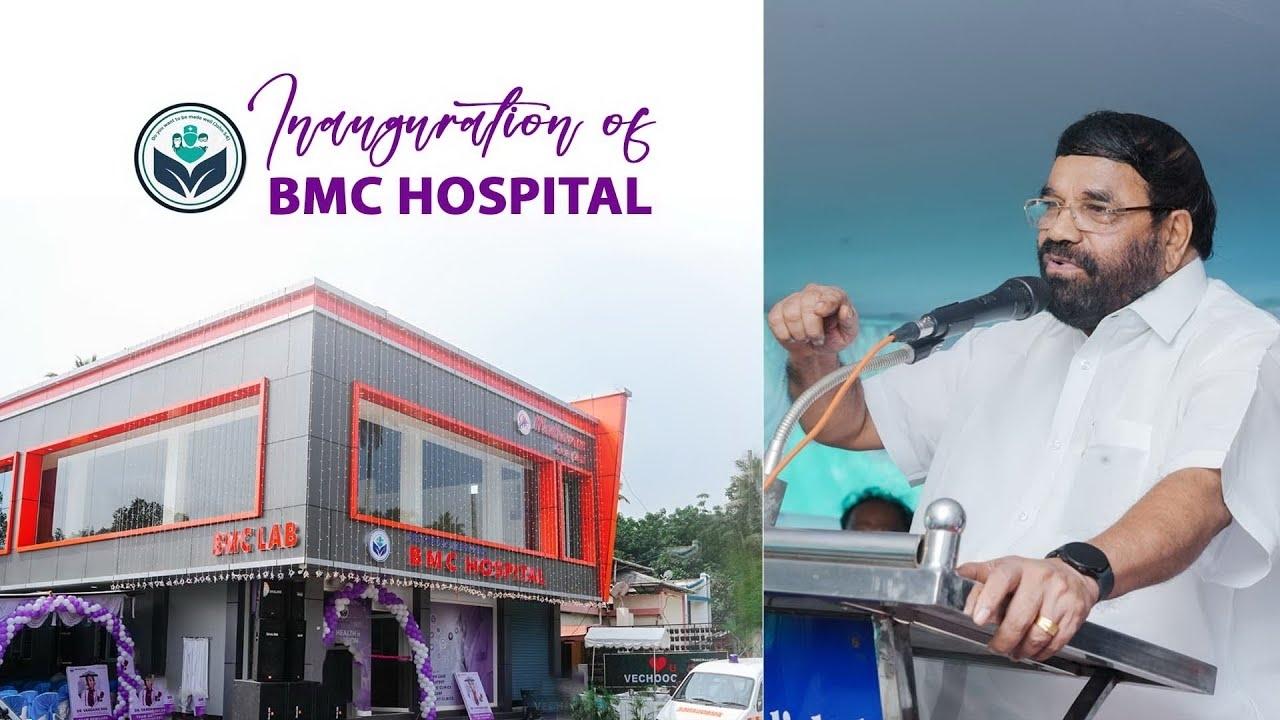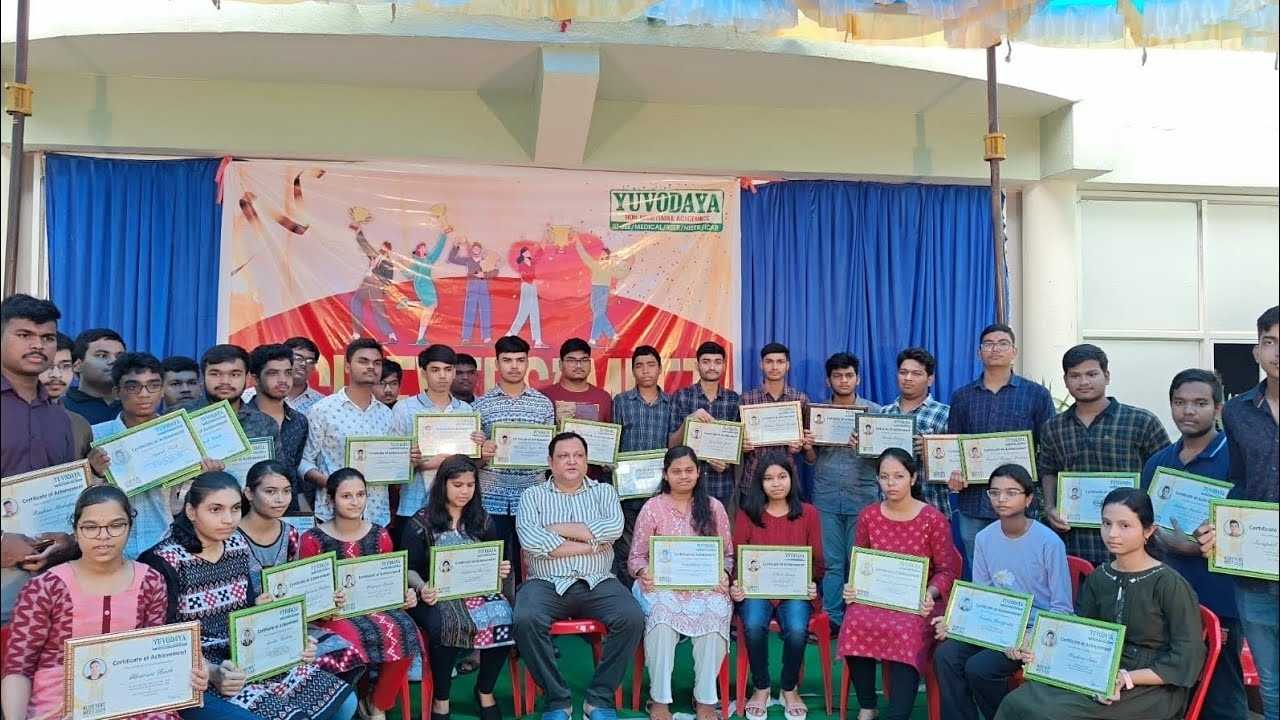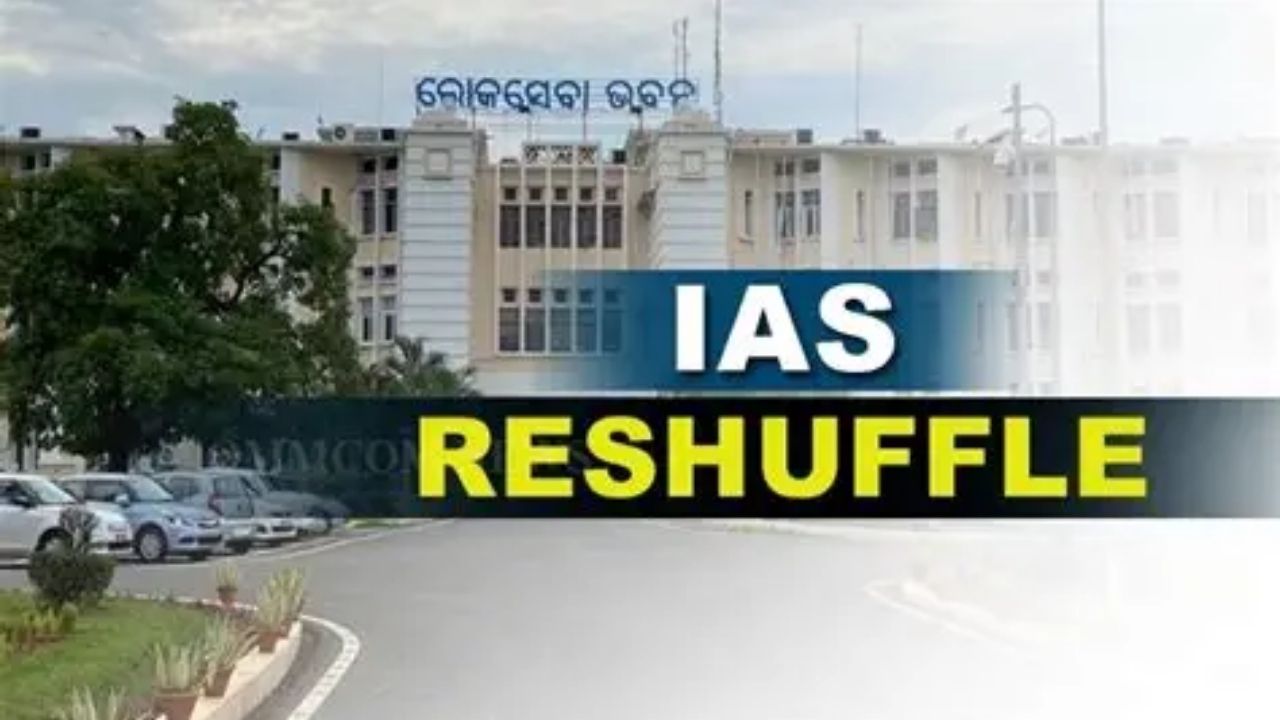Bhubaneswar, the capital city of Odisha, is currently facing a serious public health challenge as dengue cases soar amidst an unusually heavy monsoon season. Since the start of 2025, the city has reported 167 confirmed dengue cases, with a notable increase of 96 cases in July alone. This uptick in cases has raised concerns about the city’s preparedness for vector-borne diseases, especially as heavy rainfall continues to make the situation worse.
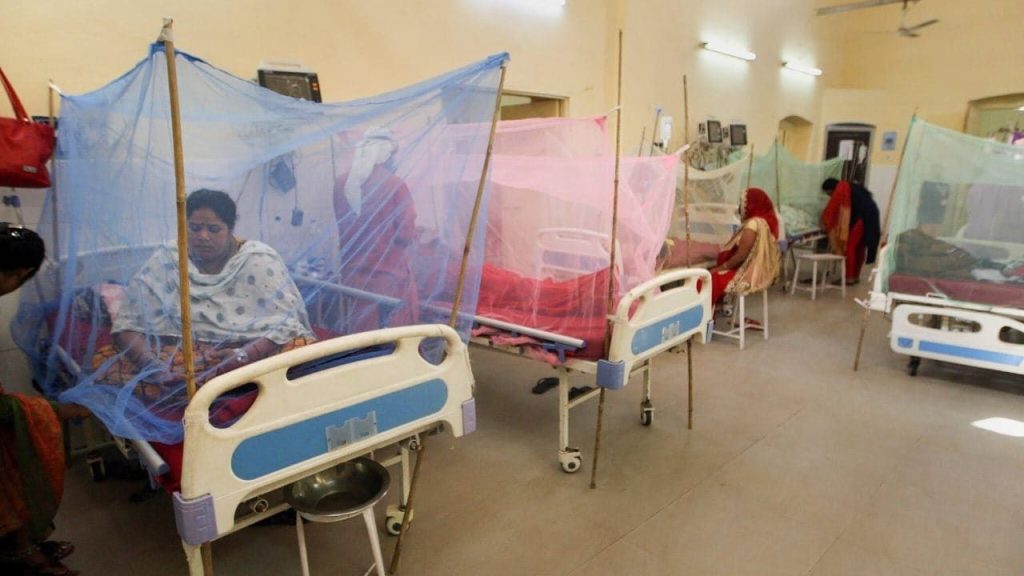
If you’re wondering what’s really going on with this outbreak, you’re not alone. As the city’s municipal corporation (BMC) races to control the situation, it’s essential to understand the causes, the steps being taken to fight the outbreak, and what residents can do to protect themselves. Whether you’re a local, a professional in the field of public health, or just someone looking for reliable information, this article will break down the situation for you in an easy-to-understand manner.
Bhubaneswar Battles Dengue as 167 Cases Emerge Amidst Heavy Rain
| Key Statistic | Data | Details |
|---|---|---|
| Total Dengue Cases in Bhubaneswar (2025) | 167 | As of late July 2025 |
| Increase in Cases (July 2025) | 96 | A sharp rise in dengue infections |
| Active Cases | 40-45 | Remaining under treatment |
| Weather Pattern | Heavy Rainfall | Linked to the increase in mosquito breeding sites |
| Preventive Measures | Fogging, Surveillance, Awareness Campaigns | BMC efforts to curb the outbreak |
| Mosquito Vector | Aedes Mosquito | Primary carrier of dengue virus |
For more detailed updates and resources on how to protect yourself, you can visit the official Bhubaneswar Municipal Corporation website.
Bhubaneswar’s battle with dengue amidst heavy rains highlights the serious public health risks posed by vector-borne diseases. However, with active community involvement, effective public health measures, and personal protective actions, the situation can be controlled. Whether you’re a resident of Bhubaneswar or a visitor, it’s important to stay informed and take the necessary steps to protect yourself and others from the disease.
What Is Dengue and Why Is It Spreading?
Dengue fever is a viral infection transmitted by the Aedes aegypti mosquito, which is most active during the day. It causes symptoms like a high fever, severe headaches, pain behind the eyes, joint and muscle pain, rashes, and, in some cases, mild bleeding. While it’s not always fatal, the disease can cause severe complications like dengue hemorrhagic fever or dengue shock syndrome in some cases.
The surge in dengue cases in Bhubaneswar is directly linked to the ongoing monsoon season, which brings heavy rainfall and increases the availability of stagnant water—an ideal breeding ground for mosquitoes. As the weather heats up, especially during periods of rainfall, the mosquito population rapidly grows, making it more likely for people to get bitten and infected.

What’s Behind the Surge in Cases?
Bhubaneswar has faced extremely heavy rainfall in recent weeks. According to the India Meteorological Department (IMD), several districts, including Bhubaneswar, are expected to continue experiencing heavy rains due to a low-pressure system in the north Bay of Bengal. These conditions provide perfect breeding opportunities for mosquitoes. Water accumulates in open containers, tires, flowerpots, and drains, creating small mosquito colonies that can quickly infect the community.
The Aedes mosquitoes that spread dengue prefer to breed in clean, stagnant water, which often accumulates in places where water doesn’t drain properly. During the rainy season, especially when flooding occurs, many people unintentionally contribute to this breeding cycle by not properly covering water storage containers or neglecting to clear gutters and drains.
What Is Being Done to Control the Outbreak?
In response to the increasing number of cases, the Bhubaneswar Municipal Corporation (BMC) has launched a multi-pronged approach to control the outbreak. Here are some key measures being implemented to curb the spread of dengue:
1. Increased Surveillance
To ensure rapid detection and response, BMC has deployed 100 additional volunteers across the city. These volunteers are tasked with inspecting homes and public spaces to identify mosquito breeding sites and eliminate them. Their work includes checking stagnant water in containers, draining flooded areas, and advising residents on preventive measures.
2. Public Awareness Campaigns
One of the biggest challenges in controlling dengue is ensuring that people understand the importance of taking preventive measures. The BMC has intensified its public outreach efforts through various campaigns that inform residents about how they can reduce the risk of mosquito bites. This includes educational programs in schools, local markets, and through social media platforms.
3. Fogging Operations
Fogging is one of the most effective ways to control the adult mosquito population. The BMC has scheduled regular fogging operations in areas with high mosquito activity. However, fogging works best when the weather is calm and dry, as rain can dilute the fogging chemicals and reduce their effectiveness. Therefore, fogging is usually done on days when the weather conditions are favorable.
4. Improved Waste Management
Standing water in areas where garbage accumulates is another breeding ground for mosquitoes. The municipal corporation has ramped up its efforts to clear garbage dumps and improve waste management across the city. This reduces the potential for water stagnation and helps keep mosquito numbers down.
5. Medical Surveillance and Early Treatment
In addition to these preventive measures, hospitals in Bhubaneswar are on high alert to treat those who are infected with the dengue virus. Early detection is crucial, as the disease can progress to more severe forms if left untreated.
6. Collaboration with Healthcare Providers
The local government has also partnered with healthcare providers to ensure that necessary resources, including medical supplies and staff, are available for treating patients. Hospitals are being stocked with necessary medications, and health workers are being trained to identify symptoms early to prevent severe outbreaks.
How to Protect Yourself from Dengue
While local authorities are doing their part, it’s crucial for every individual to take steps to protect themselves from dengue. Here are some practical tips you can follow to reduce your chances of getting bitten:
1. Eliminate Standing Water Around Your Home
The most important thing you can do is eliminate potential mosquito breeding sites. Here’s how:
- Empty water from flowerpots, buckets, and any containers that may have collected rainwater.
- Clean and cover water storage containers.
- Make sure that gutters and drains are clear of debris to prevent water from collecting.
2. Use Mosquito Repellents
Apply mosquito repellent on exposed skin, especially during the day when Aedes mosquitoes are most active. Repellents containing DEET are the most effective. You can also use citronella candles and oils to keep mosquitoes away from your home.
3. Install Mosquito Nets and Screens
If you live in an area where dengue is common, it’s a good idea to install mosquito nets around your bed or sleeping area. Use mosquito screens on windows and doors to keep mosquitoes from entering your home. This is especially important at night when mosquitoes tend to be more active.
4. Wear Protective Clothing
If you’re spending time outdoors, wear long sleeves, long pants, and socks to reduce the amount of exposed skin. This will help minimize the chance of getting bitten by mosquitoes.
5. Stay Informed
Stay updated on the latest developments from the Bhubaneswar Municipal Corporation. They often release advisories about areas of concern and any new preventive measures being implemented.
Mayurbhanj Schools Stay Closed Today: Heavy Rainfall Warning Forces Immediate Closure!
17 Chhattisgarh Tourists Rescued After 15-Hour Ordeal in Odisha’s Gandhamardan Hills
Odisha Prepares for Nature’s Wrath: Monsoon Rainfall to Intensify from July 21
FAQs
1. What are the symptoms of dengue fever?
Dengue fever typically causes a high fever, severe headache, pain behind the eyes, muscle and joint pain, rashes, and sometimes mild bleeding. If you experience these symptoms, seek medical attention immediately.
2. How does dengue spread?
Dengue spreads through the bite of an infected Aedes mosquito. These mosquitoes usually bite during the day, especially in the early morning and late afternoon.
3. Is there a vaccine for dengue?
Currently, there is no universal vaccine for dengue. Prevention mainly relies on controlling mosquito populations and reducing exposure to mosquito bites.
4. How can I help prevent the spread of dengue?
You can help by eliminating places where mosquitoes breed, such as containers of stagnant water around your home. Additionally, use mosquito repellents and wear protective clothing when outdoors.
5. What should I do if I suspect I have dengue?
If you suspect you have dengue, visit a healthcare provider immediately. Early treatment can prevent severe complications. Do not self-medicate, as there are no specific antiviral drugs for dengue.

